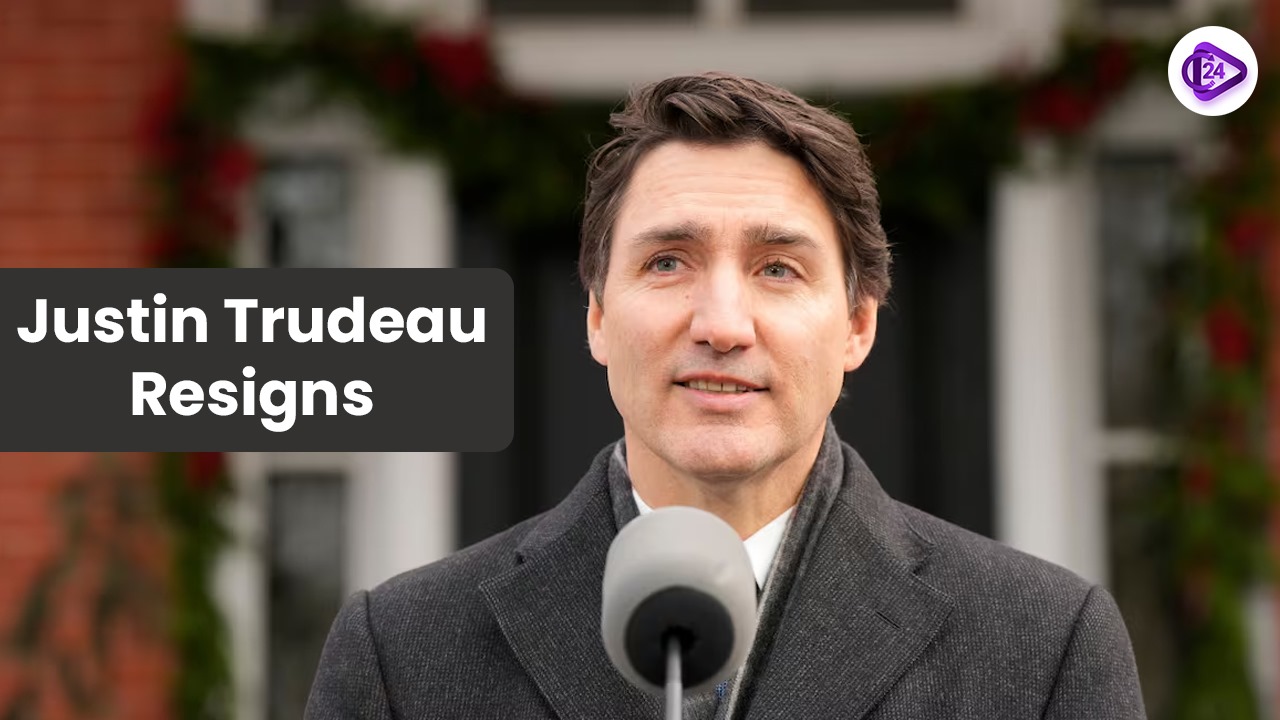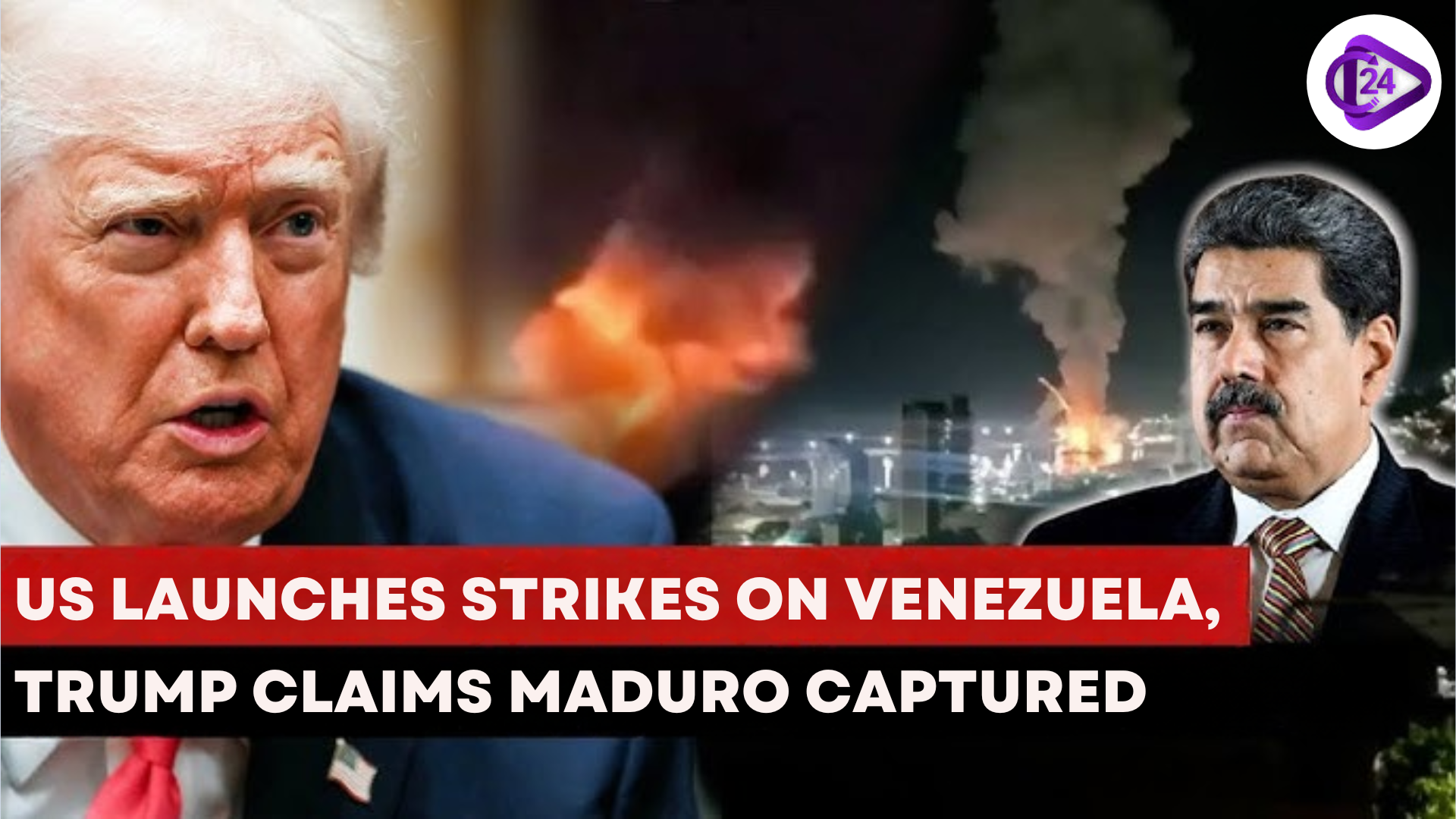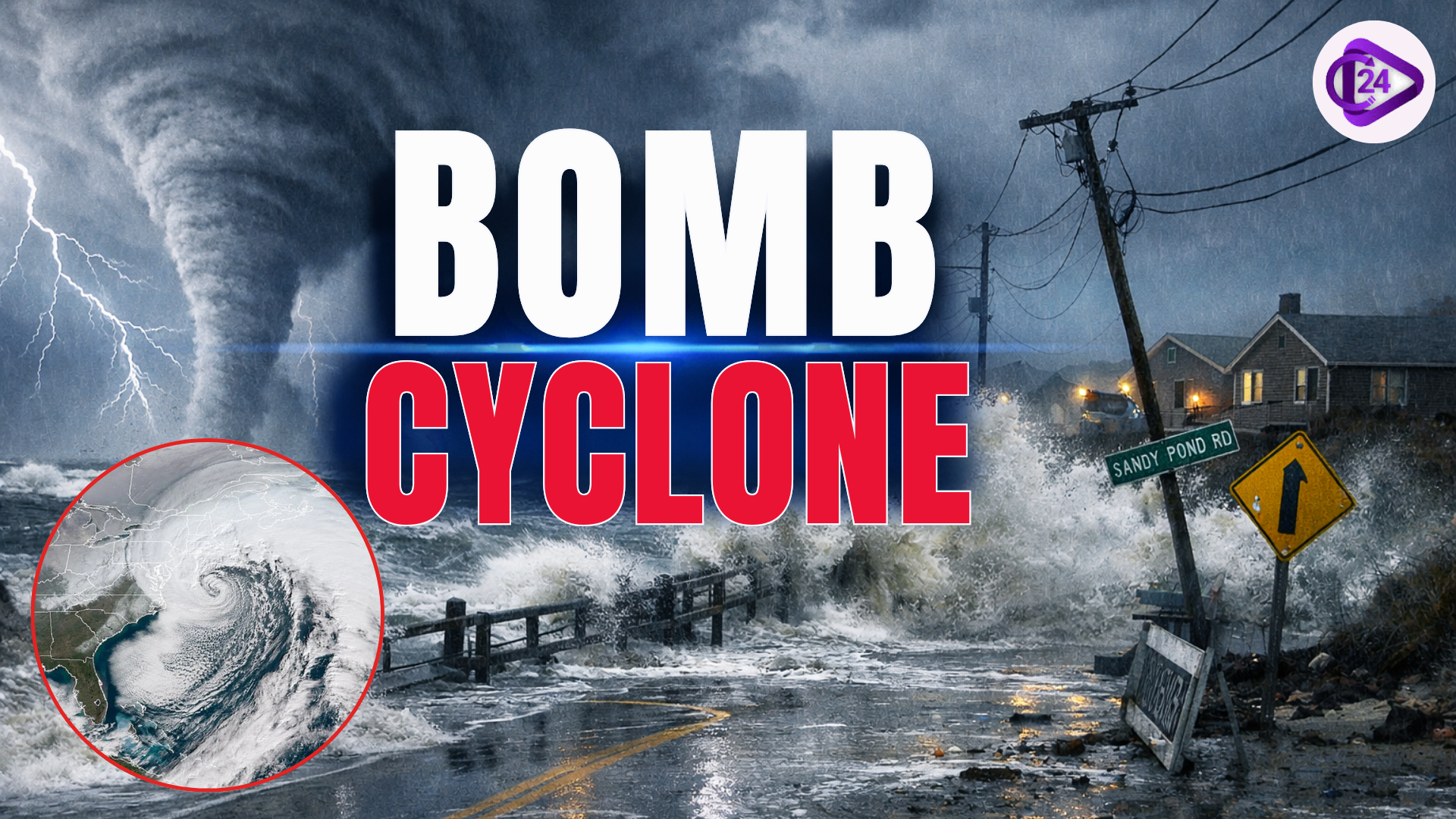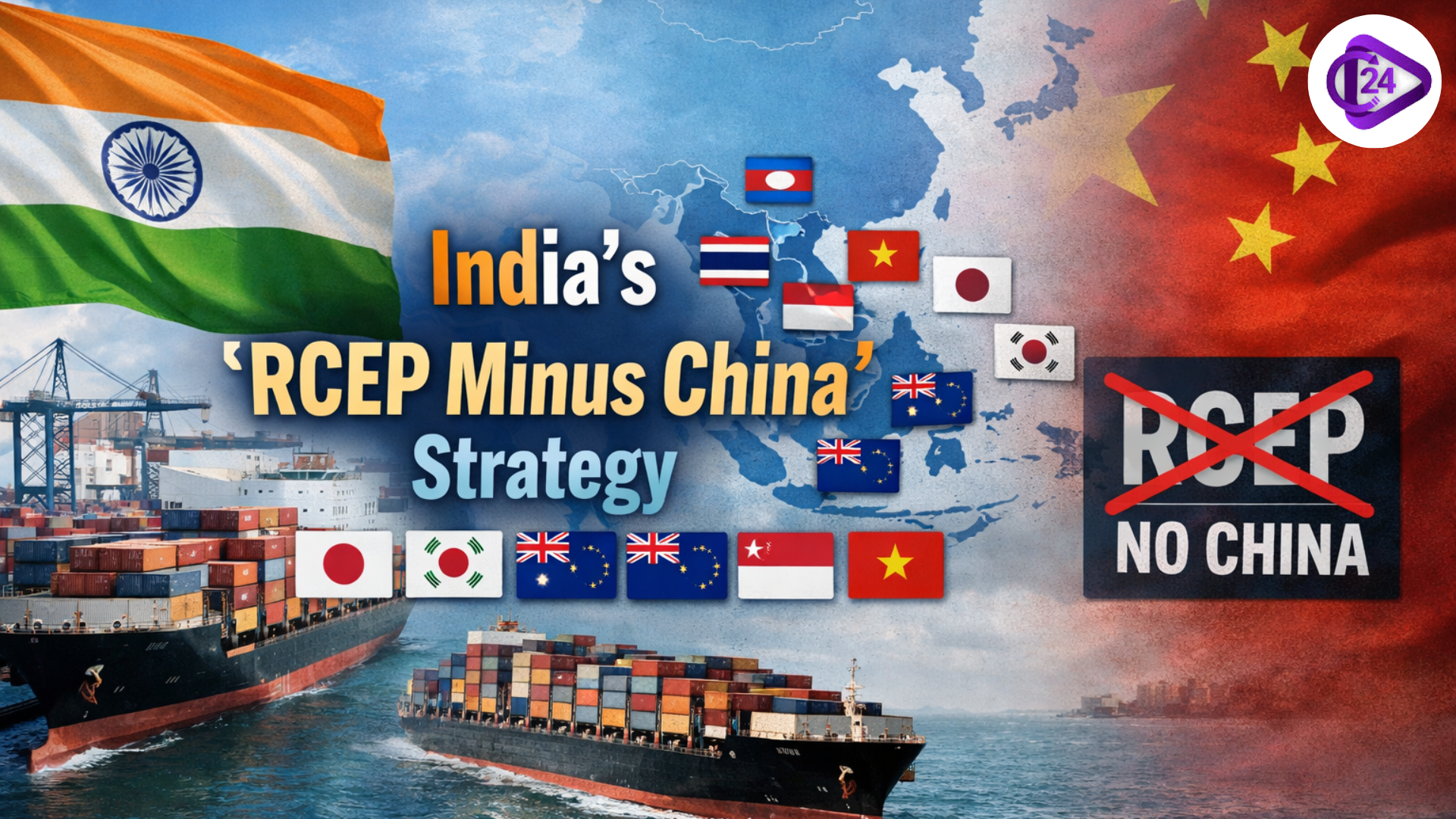
Canadian Prime Minister Justin Trudeau’s decision to step down is perhaps one of the unprecedented moments in Canada’s history, and its relations with India. It might be because Trudeau after nearly a decade in office said he has lost support within his Liberal Party and was unpopular based on poll ratings. Although he will stay on as Prime Minister until the Liberal Party chooses a replacement, his resignation allows for the possibility to reassess relations with India, which have reached their lowest point since the founding of the two nations thanks to his actions.
The End of the Trudeau Era
Trudeau who succeeded to head the Liberal Party and becoming the Prime Minister in 2015 had a poor experience in recent years. The progressive representation based on Mr. Sanders, the liberal, open-minded person who supports multiculturalism and diversity, started eroding after cases of ethicists, undemocratic policies, and rebellion within his party unfolded. Surveys before his resignation suggested the Liberals would be looking at defeat in the forthcoming elections to allow the Conservatives under Pierre Poilievre to emerge victorious.
To enable Trudeau to arrange for a leadership transition, he asked Governor General Mary Simon to dissolve a Parliament until March 24, which is enough time for the Liberals to conduct a leadership contest in an accelerated period. The contenders for leadership could be arranged from the former Bank of Canada Governor Mark Carney, Deputy Prime Minister Chrystia Freeland, and Foreign Minister Mélanie Joly.
What India and Canada have learned from their troubled historical dealings
That is why for India Trudeau’s resignation is considered a natural outcome of leadership that at best leads to the deterioration of diplomatic relations. They worsened when Trudeau himself in late September 2023 accused the Indian government agents of being involved in the murder of Khalistani separatist Hardeep Singh Nijjar in Canada. India labeled these allegations ‘absolutely absurd’ and ‘politically motivated’ and blasted Canada for giving asylum to anti-India elements.
The consequences were painful, both the countries recalled their ambassadors, stopped new investment and construction, suspended issuing visas, and restricted trade. That degree of animosity was on par with the situation that New Delhi shares with Islamabad and Beijing.
What has Trudeau’s Resignation entail for India-Canada Relations?
Due to Trudeau’s resignation, there is hope though a bit somewhat cautious for a fresh start for both countries. His resignation might also cool down the relations between the two countries since it might make the bilateral relation less confrontational than in the past year, which involved numerous harsh statements and actions against India. But statements by Trudeau in the Canadian Parliament accusing India of complicity in Nijjar’s murder have posed a major problem for his successor.
Thus, it is unlikely that any new Liberal leader or, in the future, a new Conservative government will reach out for better relations with India because it is politically impossible to renounce such an aggressive stance that was publicly made at the time by a political leader. If the liberals move to the opposition this issue becomes one that they can use to criticize any compromise made by the conservatives in an attempt to make a reconciliation.
Challenges Ahead
While a change in leadership provides an opportunity to stabilize relations, the path forward is fraught with obstacles:
-
Judicial and Law Enforcement Processes: Canadian pursuit of the Nijjar case will likely proceed, and any conclusions reached will probably impact Canadian dealings with Pakistan.
-
Political Dynamics: The attitude of Canada towards India depends upon the Liberal Party leadership contest as well as the result of the successive general elections. That said if Pierre Poilievre assumes the Prime ministership after the next Canadian general elections his government may attempt to mend relations but not without footdragging domestic political implications.
-
Legacy of Distrust: The current level of distrust that has been fostered during Trudeau’s leadership will take a long time, and some sincere tries to fix it.
A Chance to Rebuild
Still, Trudeau’s resignation offers a unique opportunity to put a couple that has great promise for success back on a proper track. It will be useful for both India and Canada because they are both democratic societies, have strong, vibrant economies, and there is a large Indian population living in Canada. A much more technocratic and professional government in Ottawa could lead to a working relationship in fields like trade, technology, and climate.
More specifically in New Delhi there is a tempered optimism while people are happy that Trudeau is out of power and there is a new government there is a hold breathe moment as they cross their fingers that this period in Canada India relations is over. However, any realistic progress will come in the event that both sides can shed the animosity that has characterized the relations of the last couple of years and focus on convergence as opposed to divergence.
Conclusion
Thus, attention turns to Canada’s leadership change and upcoming general elections, as the two countries watch whether a new political cycle can bring a change to India-Canada relations.



 US Launches Military Strikes on Venezuela, Trump Claims Maduro Captured
US Launches Military Strikes on Venezuela, Trump Claims Maduro Captured Bomb Cyclone: Understanding the Extreme Weather Phenomenon
Bomb Cyclone: Understanding the Extreme Weather Phenomenon Israel Recognises Trump with Peace Prize Following Florida Meetings
Israel Recognises Trump with Peace Prize Following Florida Meetings India's RCEP Minus China Strategy Explained
India's RCEP Minus China Strategy Explained China Opens World’s Longest Expressway Tunnel in Xinjiang
China Opens World’s Longest Expressway Tunnel in Xinjiang Russia Plans to Build a Nuclear Power Plant on the Moon by 2036
Russia Plans to Build a Nuclear Power Plant on the Moon by 2036 Trump Announces New ‘Trump-Class’ Battleships for US Navy
Trump Announces New ‘Trump-Class’ Battleships for US Navy China Overtakes OPEC+ as the Main Oil Price Maker
China Overtakes OPEC+ as the Main Oil Price Maker India Nears $450 Million BrahMos Missile Export Deals with Vietnam and Indonesia
India Nears $450 Million BrahMos Missile Export Deals with Vietnam and Indonesia Japan Restarts Kashiwazaki-Kariwa Nuclear Power Plant
Japan Restarts Kashiwazaki-Kariwa Nuclear Power Plant






